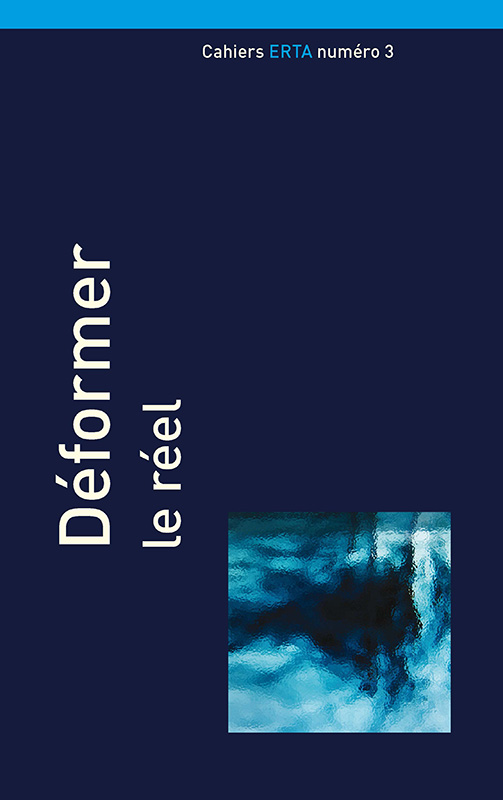Fiction and deformation: Unreliable narration in Le Black Note by Tanguy Viel
Keywords:
unreliable narration, deformation, manipulation, consciousnessAbstract
Unreliable narration by definition involves deformation of the represented world. The narrator tells the story in the manner that makes the reader suspect that he / she is perverting the facts, manipulating the data, omitting details or simply lying. The narrative situation of this type can be observed in Tanguy Viel’s debut novel Le Black Note, published by the prestigious Minuit publishing house. The aim of this essay is to analyse unreliable narration as a modality of deformed representation of reality and to assess its impact on the reading process. This typically destabilising narrative technique reflects the condition of the deranged mind and thus depicts the distorted view of reality filtered through diseased consciousness. Subverting the traditional author–reader pact as well as the narrator’s authority, it constitutes one of the narrative paradigms typical of contemporary fiction.
Downloads
References
Booth W. C., The Rhetoric of Fiction, Chicago, University of Chicago Press, 1983.
Fornel de M., Marandin J.-M., « L’analyse grammaticale des auto-réparations », [dans :] Le gré des langues, no10, 1996.
Morel M.-A., L. Danon-Boileau, Grammaire de l’intonation, Paris, Les Éditions Ophrys, 1998
Nünning A., « “But why will you say that I am mad?” On the Theory, History, and Signals of Unreliable Narration in British Fiction », [dans:] Arbeiten aus Anglistik und Amerikanistik, no 22, 1997.
Viel T., Le Black Note, Paris, Minuit, 1998.
Wagner F., « C’est à moi que tu parles ? (Allocutaires et auditeur dans Le Black Note de Tanguy Viel) », [dans :] Houppermans S., Bosman Delzons Ch. et Runter-Tognotti de D. (dir.), Territoires et terres d’histoires. Perspectives, horizons, jardins secrets dans la littérature française d’aujourd’hui, Amsterdam-New York, Rodopi, 2005.

 Academic Scientific Journals
Academic Scientific Journals





